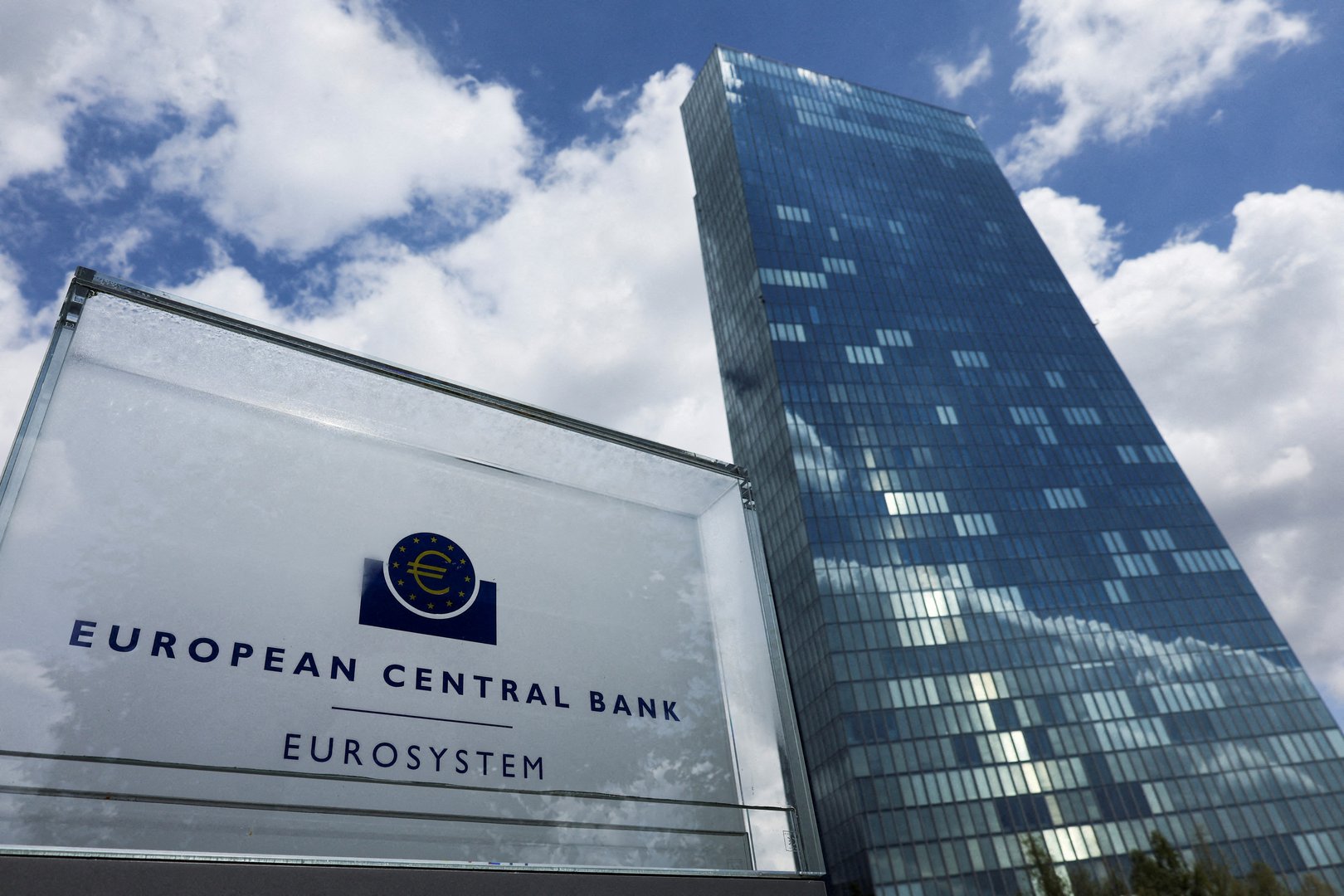By Andreas Charalambous and Omiros Pissarides
The global economy is undergoing a difficult period, characterised by the enduring geopolitical turmoil and uncertainty, which adversely affect energy security and food sufficiency and, by extension, growth. The EU is faced with particular challenges, especially Germany, which, as a primarily export-oriented country, is seriously affected by the deteriorating international environment. Even China, a country that has played the role of a global steam engine in recent decades, is affected by structural problems and high private debt.
The geopolitical upheavals are leading to intensifying inflationary pressures and have forced the major central banks to proceed with successive and unprecedented interest rate hikes, in an effort, on the one hand, to contain inflation to their 2 per cent target, and, on the other hand, to strengthen the confidence of economic agents in the effectiveness of their policies.
The scope for stimulating economic activity through fiscal policies is limited, due to the already high public debt, inevitably caused by the expansionary macroeconomic policies adopted to deal with the serious socio-economic problems during the pandemic.
However, despite the unfavourable geopolitical environment and the forced shift to restrictive policies to address economic imbalances, growth in the first half of 2023 proved better than expected and a recession in advanced economies was avoided. Simultaneously, the labour market is characterised by shortages, despite low growth. Inflation shows a decelerating trend, although it remains at higher levels compared to central banks’ targets.
For 2024, most analysts project a modest recovery and the persistence of inflationary pressures, mainly due to problems in energy and food production. As a result, central banks are expected to keep interest rates at relatively high levels, without ruling out further increases.
The long-term perspective is also important, with demographics and climate change acting as inhibiting factors for the global economy. Geopolitical rivalries, protectionist tendencies and social inequalities, both domestically and between states, constitute additional constraining factors.
A key positive factor are the technological leaps, especially in the field of artificial intelligence, which boost productivity, although the side effects on jobs, especially in low-skilled occupations, should be addressed.
Based on the above evidence, the general expectations point towards low growth, both in the short and medium term, higher inflation compared to the last decades, labour shortages and intensifying social inequalities.
At the policy level, the above-mentioned trends indicate limited scope for stimulating economies through expansionary fiscal and monetary policies. At the same time, a more active role of the state is required to deal with structural challenges, such as social inequalities, immigration, climate change and the utilisation of artificial intelligence. Overall, the challenges are vast and successfully addressing them requires the cooperation of the private and public sectors, with the latter focusing on a reformed state that can appreciate the challenges and respond to its new role.
Andreas Charalambous and Omiros Pissarides are economists








Click here to change your cookie preferences